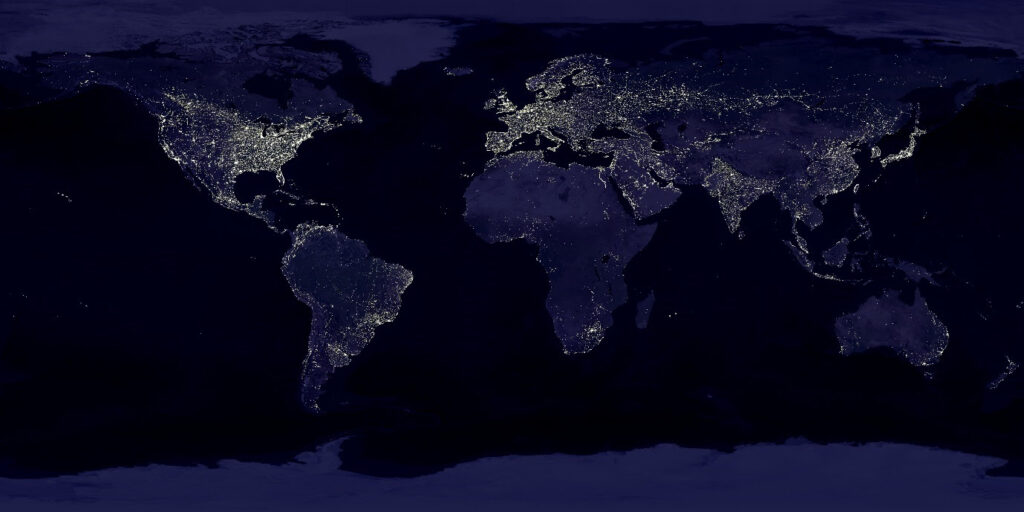This year, Earth Overshoot Day takes place on 28 July, once again a day earlier than last year and confirming the annual increase of humankind's ecological footprint (after a short-lived decline during the Covid-19 pandemic).
Earth Overshoot Day marks the symbolic date when mankind has used up all the natural resources the earth can produce in a year. As of today, humanity is living on ecological 'credit'. According to estimates by the Global Footprint Network, this is the largest deficit since the world entered an ecological overshoot in the early 1970s.
"There is an urgent need to protect and restore the planet's biocapacity while reducing our ecological footprint, two-thirds of which consists of greenhouse gas emissions," said Antoine Lebrun, Director General of WWF-Belgium, in a press release.
This will require huge efforts in all areas of society, he stressed: "the private sector, civil society and citizens. Governments are essential in setting the right direction and creating the framework for a sustainable future."
Every year, more trees than can be grown are cut down and more greenhouse gases than the forests or the ocean can absorb are emitted, meaning that humanity is imposing a rhythm on the planet that it cannot keep up with. Current data shows that 1.7 times the biological capacity of the earth is needed to continue as we are doing now.
Belgian footprint 'out of all proportion'
The ecological footprint varies greatly across the world, which is why countries reach their overshoot date at different times of the year. For Belgium, this day fell on 26 March this year – four months before the global one – as shown by the Ecological Footprint report commissioned by WWF-Belgium in collaboration with the Global Footprint Network.
The report, called 'The hour to reverse the trend', revealed that if the whole world lived like people in Belgium, more than four earths would be needed and that the country's carbon footprint represents 65% of its ecological footprint.
"Today, Belgium's ecological footprint is disproportionately large, not only in relation to the world's biocapacity (the ability of an ecosystem to replenish its natural resources) but also in relation to its own low biocapacity," Greenpeace Belgium said in a press release.
"We put so much pressure on other countries' ecosystems that their biocapacity is also depleted and we can no longer pass on the costs of our footprint to other countries."
To push Overshoot Day back on the calendar, the population needs to change its consumption patterns and production processes, specifically in the areas of food, climate, forests, ocean and biodiversity.

